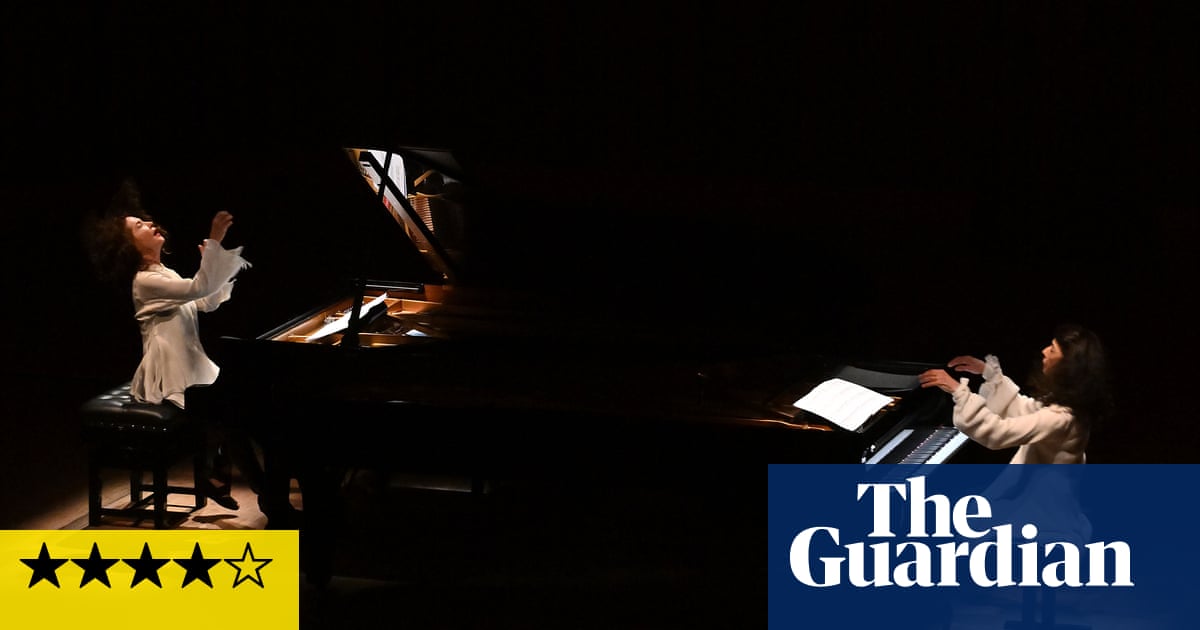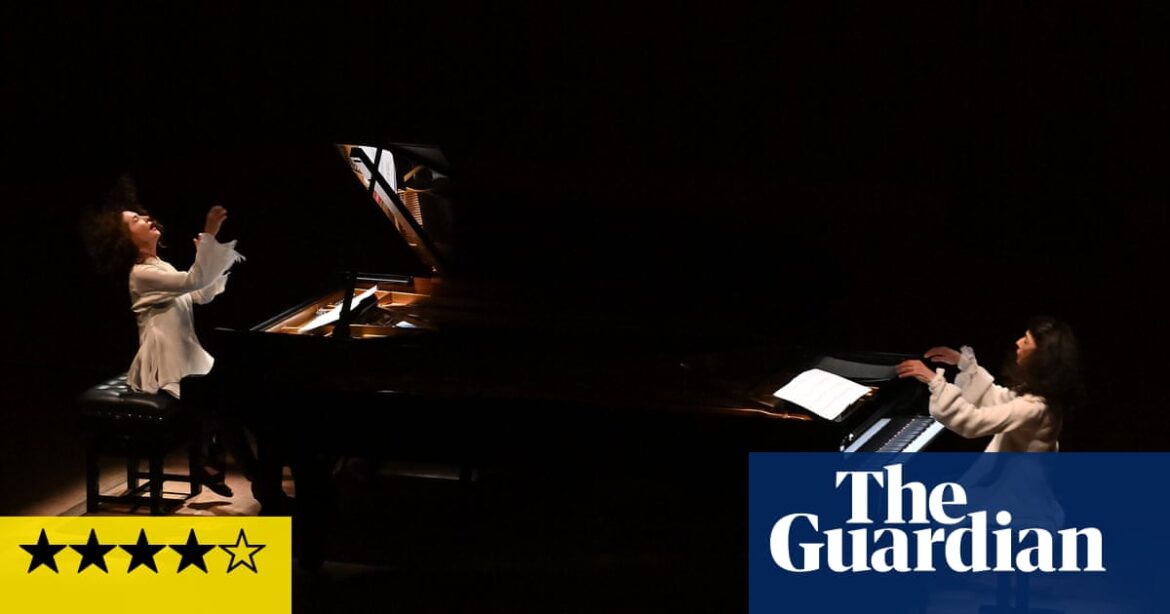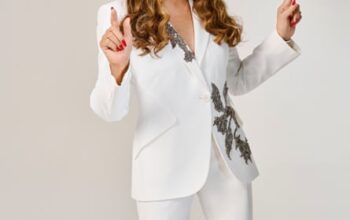
Regular Barbican concertgoers might have been forgiven for thinking that the fragrances wafting through the auditorium during the Labèques’ recital were part of the latest attempt to disguise the hall’s famously malodorous toilets. But renovation of the noisome loos has finally begun, and the scents were actually part of the concert. Specially created by Francis Kurkdjian, with lighting design by Mehdi Toutain-Lopez, they were part of the sisters’ performance of Philip Glass’s Cocteau Trilogy, arrangements for two pianos by Michael Riesman of music from the three operas that Glass based on films by Jean Cocteau.
Composed in the 1990s, these scores contain some of Glass’s finest music, and each treats the original film in a different way. The first to be composed, Orphée, is a conventional chamber opera, while in the second, La Belle et la Bête, the spoken words of the film are replaced by Glass’s setting of the same text, lip-synced in live performance to a screening of the film, and Les Enfants Terribles became a dance opera, with the accompaniment of three pianos. Even though the ingredients of Glass’s style are the same as ever, the music seems peculiarly French, and a reminder too that he studied in Paris with Nadia Boulanger between 1964 and 1966.
That flavour, with the elegant, wistful melodic lines that float over his rippling piano textures, is definitely preserved in these piano arrangements, which were played with all the Labèques’ usual flair and precision, and which abstract around half an hour’s music from each opera. In this very carefully contrived concert setting, each suite was preceded by a brief audio recording of Cocteau himself talking about the films, while the fragrances, a different one for each opera and each vividly described in the programme, subtly suffused the hall as the performances went on. It was tastefully done, though what it really added to the music was hard to say.
Source: theguardian.com



